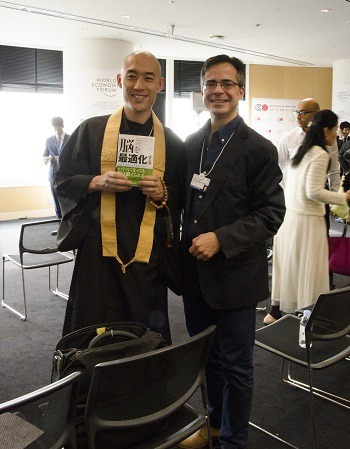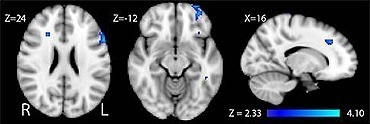Posts Tagged ‘literacy’
Improving brain fitness literacy in Japan
Newsweek Japan just published this great article to disseminate latest thinking and research about meditation, brain fitness and digital technologies, based on Alvaro Fernandez’ trip last week to discuss How is our societal obsession with technology changing our health and well-being at the World Forum on Sport and Culture in Tokyo. Key insights discussed, coming from The SharpBrains Guide to Brain…
Read MorePromoting Healthy, Meaningful Aging Through Social Involvement: Building an Experience Corps
(Editor’s note: Pathways responsible for higher-order thinking in the prefrontal cortex (PFC), or executive center of the brain, remain vulnerable throughout life—during critical early-life developmental windows, when the PFC fully matures in the early 20s, and finally from declines associated with old age. At all ages, physical activity and PFC-navigated social connections are essential components…
Read MoreDecember Update: Wishing You and Yours a Very Brain-Fit Decade
Here is a December update on brain newsletter, which discussed everything about brain health and brain fitness across all sectors.
Read MoreLiteracy Re-wires the Brain
In a study published today in Science, functional magnetic resonance imaging (fMRI) was used to study the brains of 63 adults: 10 were illiterate, 22 learned to read as adults, and 31 learned to read as children. Brain responses to spoken and written language, visual faces, houses, tools, and checkers were examined. The main differences…
Read More


